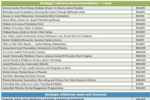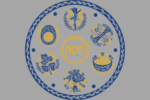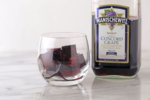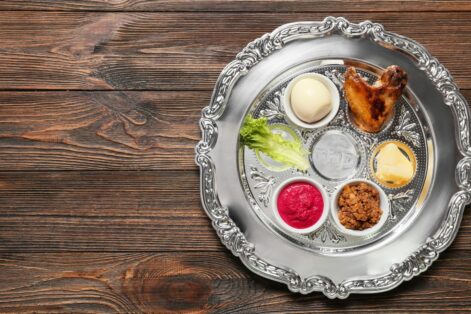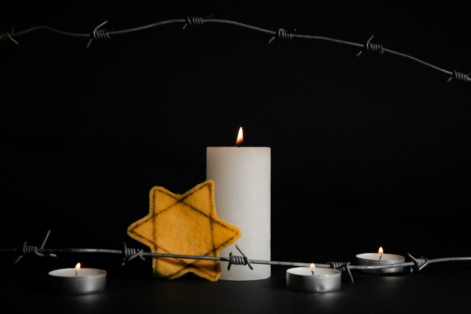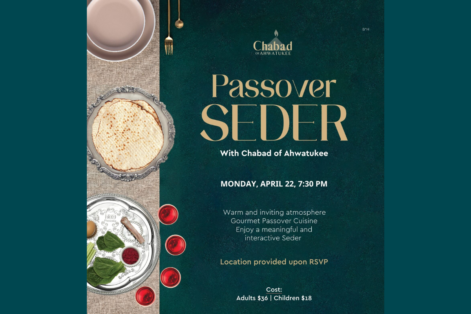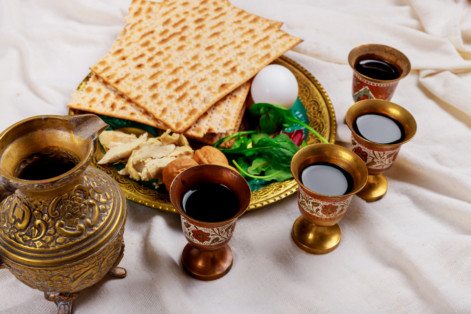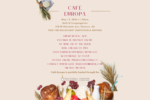Wine is a significant part of Passover, as Jews are required to drink four cups of it at the seder, and many people choose to serve kosher-certified wines. So, how different is kosher wine from the non-kosher kind?
“When it comes to taste, there’s no difference between kosher and non-kosher wine,” said Jay Buchsbaum, executive vice president of marketing and director of wine education at Royal Wine Corp. “In fact, many kosher wines are award winning — beating out their non-kosher competitors for top varietal prizes, including cabernet sauvignon, chardonnay and rosés as well.”
Founded in 1848, Royal Wine Corp. has been owned and operated in the United States by the Herzog family, whose winemaking roots go back eight generations to its origin in Czechoslovakia. The company owns and operates the Kedem Winery in upstate New York and Herzog Wine Cellars in Oxnard, California.
“There’s a common ‘urban legend’ that wine is rendered kosher after being blessed by a rabbi — that is incorrect. For a wine to be made kosher, there are strictly supervised purity guidelines that need to be followed from the moment the grapes enter the winery to when the wine is bottled,” said Buchsbaum.
To be considered kosher, Sabbath-observant Jews must supervise and sometimes handle the entire winemaking process, from the time the grapes are crushed until the wine is bottled. Any ingredients used, including yeasts for fermentation and fining agents — substances added near the completion of the processing to remove organic compounds, to improve clarity or adjust flavor or aroma — must be kosher.
Most kosher wine is kosher for Passover as well, but there are some rare exceptions, so it’s important to check each label carefully.
To read the rest of the story at Jewish News, click here.
This post has been contributed by a third party. The opinions, facts and any media content are presented solely by the author, and JewishPhoenix assumes no responsibility for them. MORE













